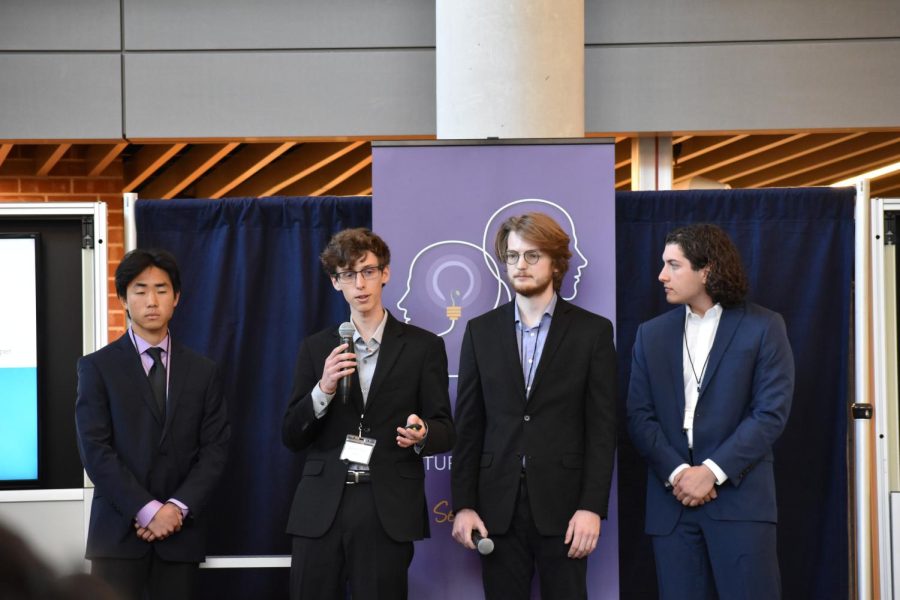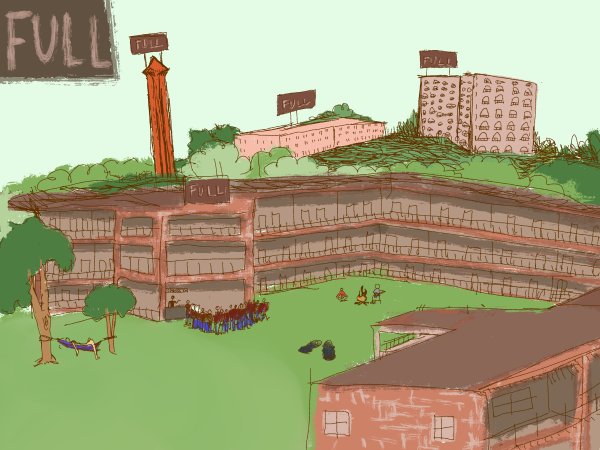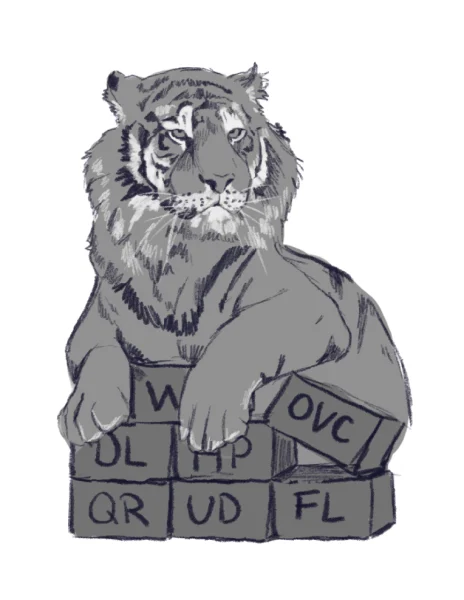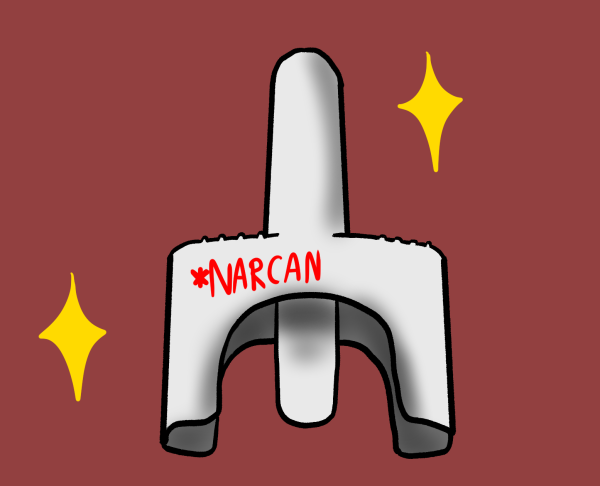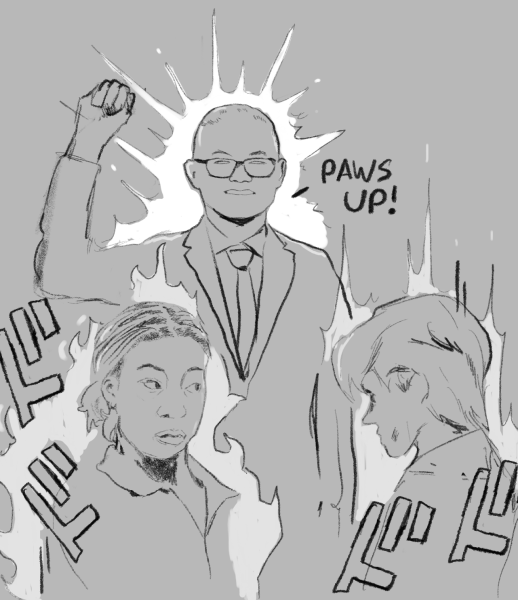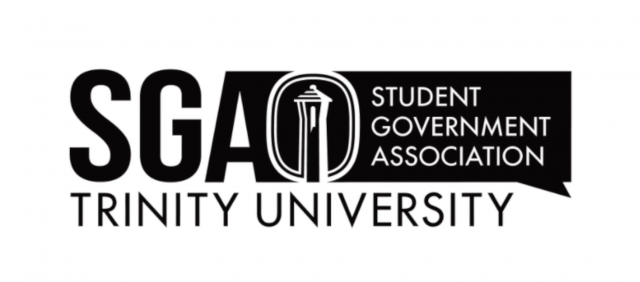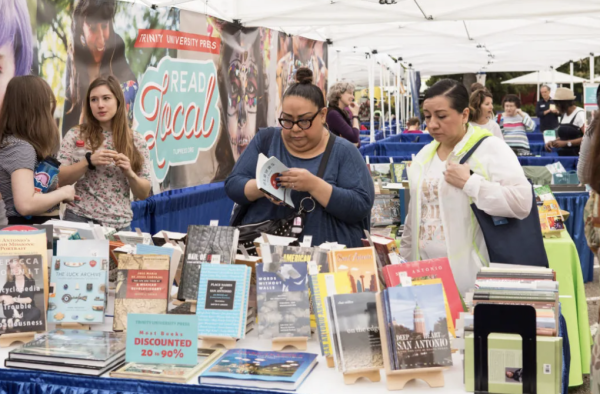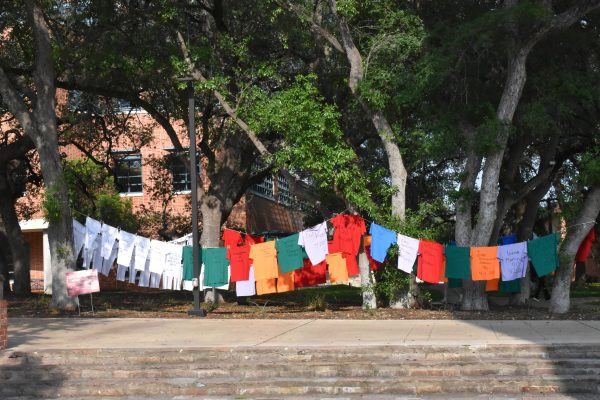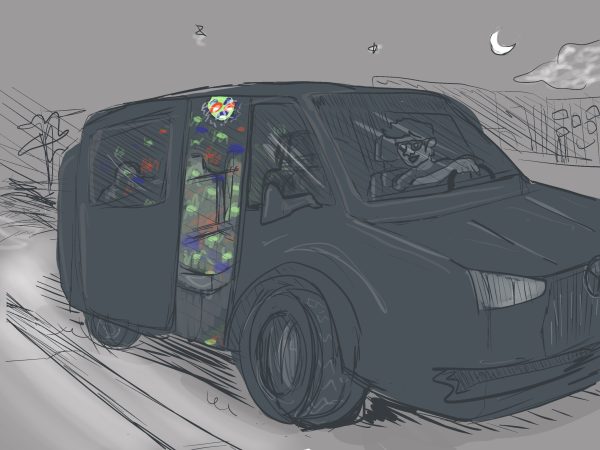Louis H. Stumberg New Venture Competition seed round held
Seven teams move on to Summer Accelerator program
Last week, 11 teams of young entrepreneurs entered the seed round of the Louis H. Stumberg New Venture Competition with nothing but a pitch and a whole lot of hard work. The goal? To win $5,000 to put toward the development of their business.
On March 24, students presented five-minute pitches to a group of five judges. The judges then asked students questions about their respective startups. The students have been working on the startups for several months, creating and developing their businesses.
“The structure of the competition has been great for receiving feedback on our device, business model and pitch. Everyone from the Entrepreneurship department has been friendly and eager to help us out to create a nurturing environment for our startup company,” said AJ Bishop, senior finance major and co-founder of Range Regenerator.
In this round, seven of the original 11 teams were selected to move on in the competition. Of the original eleven teams — Brainwave, Overcome, Ulmer, Baby To Go, FARO, Pacific Debate Institute, Range Regenerator, Recap, Safelet and Skelton — the latter seven moved on.
The teams that were eliminated were given a $1,000 check to encourage them to keep working at their entrepreneurial dreams. The seven groups that moved on were given $5,000 and a chance to improve their business over the summer in the Summer Accelerator program. The Summer Accelerator allows students to stay on campus for 10 weeks, where they can receive guidance from Trinity faculty to better their companies.
The first team moving on is Baby To Go, made up of first-years Anusha Sharma, Ivanna Bass Caldera and Sam Carr, who pitched a stroller that can be transformed into a backpack for the convenience of parents. Ivanna Bass Caldera is a news reporter for the Trinitonian.
Another team moving on is Range Regenerator, run by Bishop and senior Neha Kapur.
“The Range Regenerator is a patented shoulder rehabilitation device that helps patients gain range of motion and strength after suffering from rotator cuff tears and injuries,” explained Kapur, a business analytics and technology major.
Recap, run by sophomores Joey Hersh, Ashwin Ramesh, Alex Garcia, Max Hightower and John Hawes, is an app focused on saving people money. Ramesh, a neuroscience major, commented on how the app works.
“We give the user breathing room in their budget by providing them with a shopping list that has the ability to use a combination of price comparison and coupon matching to make their overall price as low as possible,” Ramesh said. “The next step, then, is to help the user modify their spending habits and budgeting habits by applying AI to their data in order to provide them with personalized tips.”
Safelet is a bracelet for children that tracks their location to keep them safe. It is run by first-years Clara Smartt and Ellie Curran. Another team is Pacific Debate Institute (PDI), led by first-year Nelson Rose. PDI offers a debate program that pairs American debate instructors with students in China.
“As a freshman in this competition, I wasn’t expecting to win, especially running my business on my own […] But I was super surprised when I heard I did win, so I was very pleasantly surprised,” Rose said.
Juniors Gabriel Ogden, Alfonso Kamel, Paul Kim and Lucas Riley, the members of Skelton, presented two products. The first product was called the Beat Band, which allows musicians to practice through beat syncing. This is an alternative to using a metronome that relies on vibration. Warning Light Mounting System, their second pitch, is a drone that replaces warning lights on towers.
The final team is FARO, who pitched a project-based curriculum for elementary school students. The members are junior Shelby Atherton and seniors Maria Zaharatos and Rachel Poovathoor.
“Our mission is to empower youth through project-based learning focused on global issues, inspiring them to think globally and act locally, starting with the global issue of environmental sustainability,” said Zaharatos, political science and international studies double major.
In the fall of 2023, the teams will compete one last time for $25,000. Already, the teams have put in an incredible amount of work.
“I think the main thing is, honestly, it is absolutely worth doing and super, super rewarding, but you have to love what you’re doing. And you have to be committed to it. Be excited about it,” said Hersh. “There are times where it’s slow and arduous and there are so many things that seem like they’d be better to be doing. But you have to keep working, keep working, keep working.”

My name is Emma and I am a sophomore from Lockhart, Texas. I have worked at the Trinitonian since Spring 2021. I am an English major and hope to become...
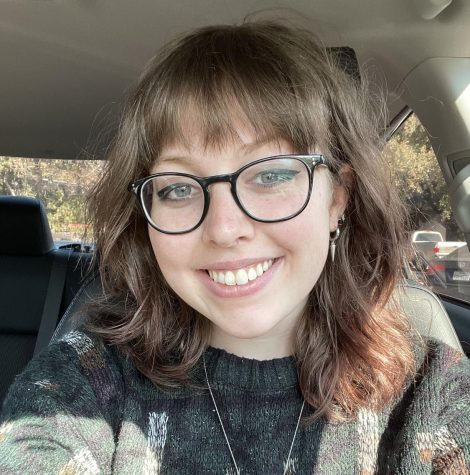
My name is Claire Sammons and I am an Anthropology and Communications double major. I have worked for the Trinitonian since fall of 2020. I became a photographer...

